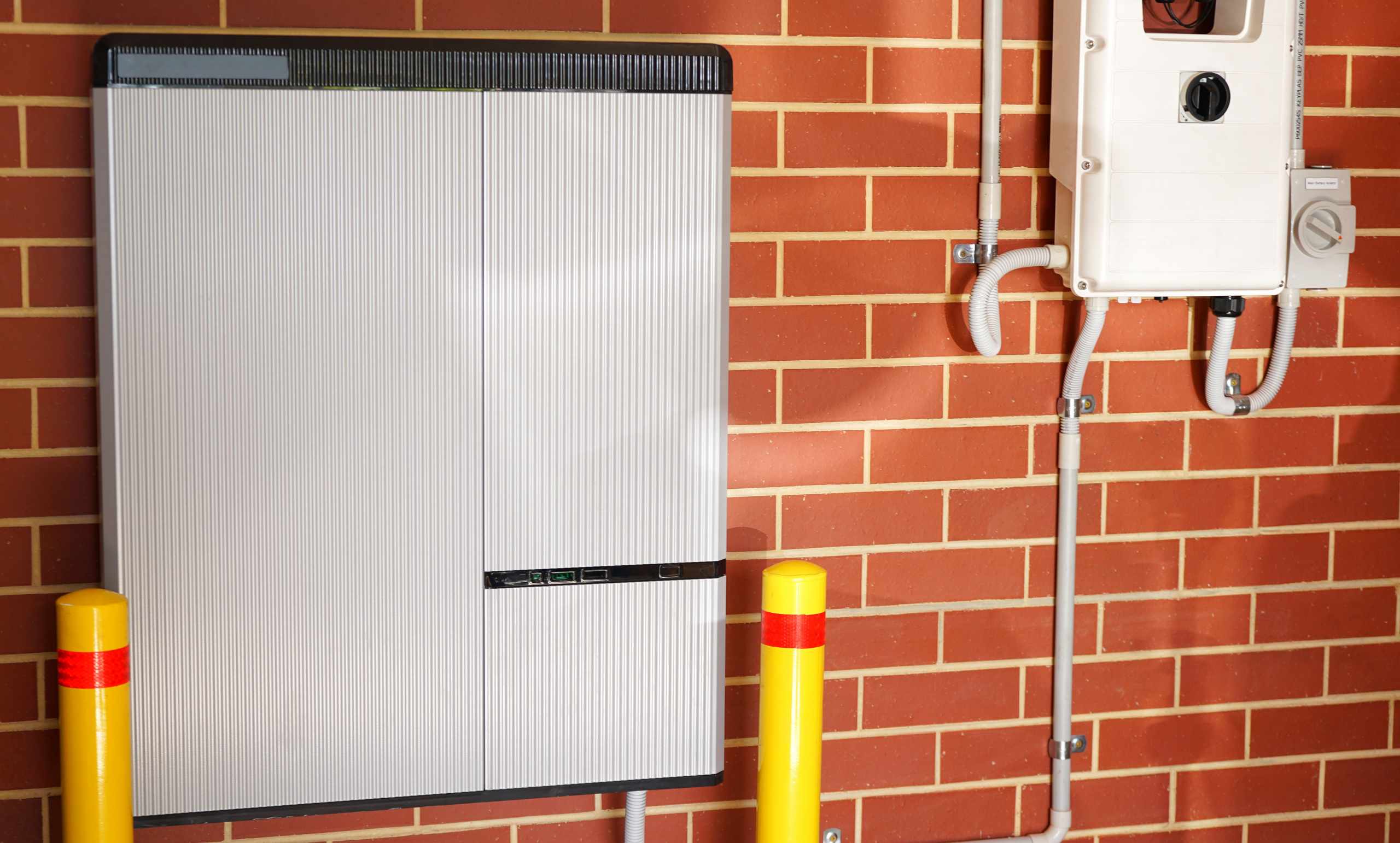With the invention of solar panels, it’s become easier to gain access to a sustainable source of energy to power one’s home. Two of the most common batteries used for them are the lead-acid and lithium types. You may be wondering which of them is best for your solar energy system. Read on for an in-depth comparison of those options so you can make an informed decision. Lead-Acid Vs. Lithium Batteries:
1. Price
While lead-acid batteries are cheaper compared to lithium batteries, they require regular maintenance and don’t last that long. Lithium batteries, on the other hand, may cost more initially, but you don’t have to worry about maintenance in the long run, and their lengthy life span allows them to serve you for years.
2. Discharge Depth
This describes the total capacity of a battery that’s used before the battery is recharged. For instance, for a quarter of a battery’s capacity, the discharge depth is 25%.
In solar panels for residential use, lead-acid batteries should only get to 50% discharge depth, after which it becomes at risk of being affected negatively and spoiling. A lithium battery, however, can maintain a discharge depth of about 80% without any negative consequences. The implication of this is that lithium batteries can be used for a longer time than lead-acid ones.
3. Energy Density
Lithium batteries’ energy density is higher than that of lead-acid batteries. This means that the former has a bigger storage capacity.
For instance, while you need just about two lithium batteries for a 5.13 kw system, you’d need to use around eight lead-acid batteries to power the same system. Considering the size and weight of both, the lithium type does more and weighs less than the other. It can also fit more easily in tight spaces than a lead-acid battery.
5. Environmental Friendliness
The safety of the environment is greatly threatened every time mining’s done anywhere in the world. But even if both batteries require the mining process, one has a more negative environmental impact than the other.
Lithium batteries require fewer materials to make, and this minimizes their overall effect on the environment. In contrast, lead-acid batteries require a lot of raw materials to manufacture. This would entail more mining, which is a greater disadvantage for the environment. What’s more, the energy intensity needed to produce that particular type of battery results in a lot of pollution.
6. Ease Of Installation
Although lead-acid batteries are easy to install, lithium-ion batteries are still a better choice in that department. This is because they’re lighter in weight than lead-acid batteries, making them easier to ship and set up. And due to their compact size, they occupy less space. On top of all that, since they don’t need ventilation to function properly, they can be placed in an enclosed space.
The combination of the ease and flexibility of installation is another reason lithium batteries are preferable to lead-acid batteries.
7. Popularity Of Use
Given all the excellent attributes of lithium batteries, you’d expect that they’re also more popular than lead-acid batteries. However, most products are built with lead-acid batteries in mind. They’re used in everything from cell phones to home appliances to solar energy systems.

Which One Should You Choose?
The choice of battery you’ll choose is largely dependent on the type and size of solar panels you’re using. You should also put into consideration the other factors mentioned above. For instance, if you’re working with a tight budget but are intent on switching to solar power, a lead-acid battery would be good for you. If the only available space you have is enclosed and you prefer a fairly lightweight option, the lithium-ion type would be ideal to go for.
On the same note, should you need a battery with a larger capacity, a lithium battery is the right solution for your home. But if you’re looking for a time-tested battery, opt for a lead-acid one instead. Ultimately, your unique circumstances and needs would dictate your final decision.
Conclusion
Lead-acid batteries have been around for a long time, they’re not expensive upfront, and they’re highly reliable. However, they require frequent maintenance in order to function optimally.
Lithium batteries are a premium option since they can be costly when you first acquire them. On the upside, they don’t demand regular maintenance and have a longer life span. Apart from their longevity, their better energy density, compact size, and eco-friendliness are their advantages over lead-acid batteries.
Nonetheless, when figuring out which one you should select, think about how much you can afford, your energy consumption now and in the future, and the requirements of your solar power system.



















